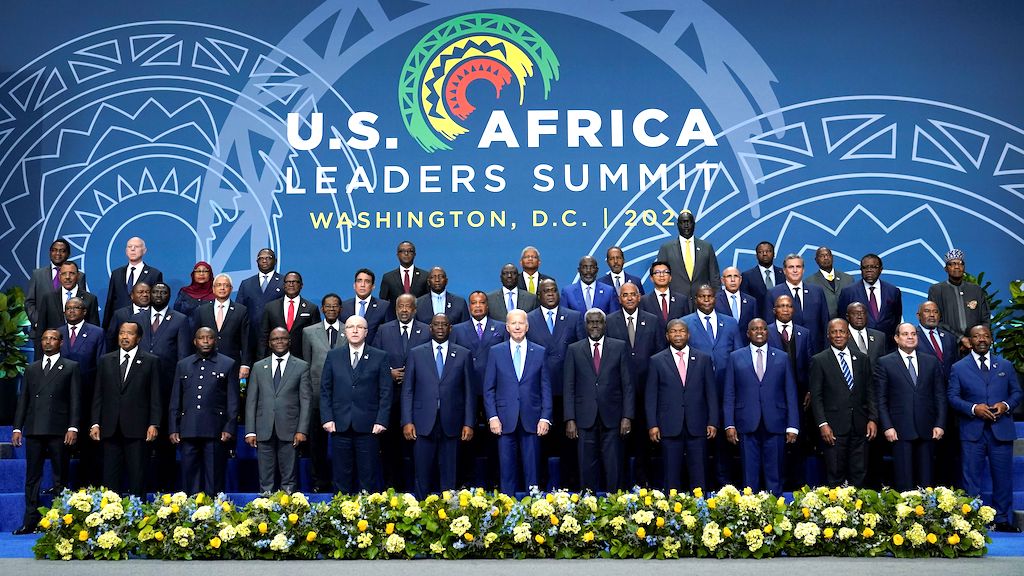VANGUARD
FOR the umpteenth time, our judicial officers are lamenting the deluge of cases pending before our courts, the gross inadequacy of judges and lack of needed financial resources to dispose the cases. The latest outcry came recently from the Chief Judge of the Federal High Court, Justice John Tsoho, who disclosed that some judges have over 1000 cases in their dockets.
By end of the last legal year, according to the judge, 135,592 cases were pending before the court, comprising 41,788 civil cases, 31,832 criminal cases, 39,799 motions and 22,173 fundamental rights enforcement applications. This workload is far more than the existing 75 judges of the court can handle. The constitutionally set limit of judges of the Federal High Court is 100.
Late November this year, a constitutional lawyer also called for constitutional amendment to increase the number of judges in both the Supreme Court and the high courts, citing the clog inadequate number of judges constitutes to delivery of justice to the litigating public, the stress the workload piles on the aged judges, and in the midst of it all, the incommensurate remunerations to those judges.
This state of affairs in the Nigerian judiciary has a number of negative consequences. First, they are part of the reasons some innocent persons awaiting trial in Nigerian courts have spent years in prisons, time almost equal to, or more than the number of years they would have spent if they had been convicted.
The Body of Senior Advocates of Nigeria, BoSAN, said that “many matters, including fundamental rights enforcement suits, have continued to suffer adjournments, owing to plethora of political cases that are flooding the high court”. This compounds the problem.
Justice delayed, it is said, is justice denied. The law itself avows that it is better for several guilty persons to go free than for a single innocent person to be punished by the law. When an accused person who may later be found not guilty spends prolonged time awaiting trial, that is a grave act of injustice.


